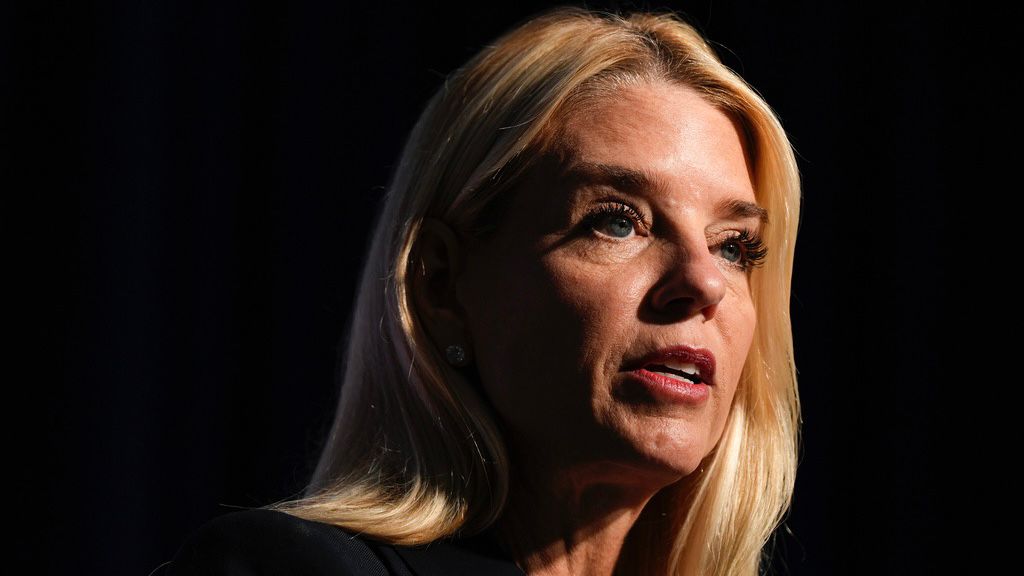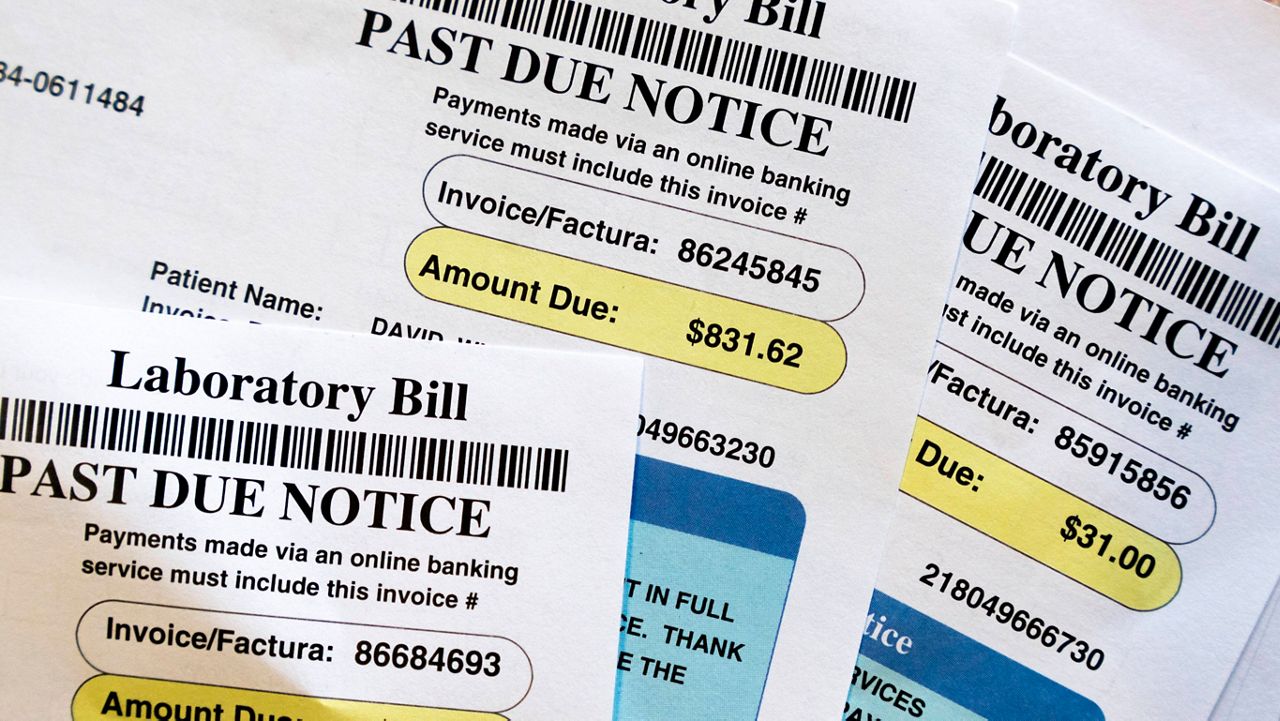EL SEGUNDO, Calif. — Pro-Palestinian protesters at Occidental College have agreed to take down their encampment by the end of the week in exchange for a vote to divest from Israel.
Throughout Southern California and the nation, demonstrators are calling on colleges and universities to divest from Israel and the military industrial complex.
The recent calls to action have raised some questions about what divestment means and what sort of consequences could be triggered if campuses go that route.
At its core, divesting means ending an investment of funds. In the world of higher education right now, this specifically means withdrawing funds from endowments that have been invested in Israel. And in the Golden State, this isn’t a paltry amount.
The Cal State system has $2.5 billion, and the UC system has $23 billion sunk into its endowments. To date, both networks have said they have no plan to divest.
Four decades ago, similar demands were made as students called for divesting from South Africa until they ended their racial segregation policy known as apartheid.
And in many cases, protests have been successful. Four years ago, the UC system divested from fossil fuels to help protect the planet. And in the past, the UC system divested from Sudan due to the genocide in Darfur.
But divesting in the midst of international conflicts is complicated. The federal government must approve before states make this sort of move (remember UC and CSU are state-funded schools). And there are ramifications to consider, too.
Endowments are fueled by donors who might have specific goals in mind, like providing scholarships to students. It's unclear whether students now calling for divestment would feel the same if their scholarships were at stake.
To complicate matters even further, there are some murky lines about which companies protesters are condemning. For example, Israel has a lot of partnerships with the U.S., including major tech companies such as Google and Cisco. With big tech playing such a significant role in our lives these days, one wonders if these protesters are truly ready to cut the cord 100%.






_Cropped)